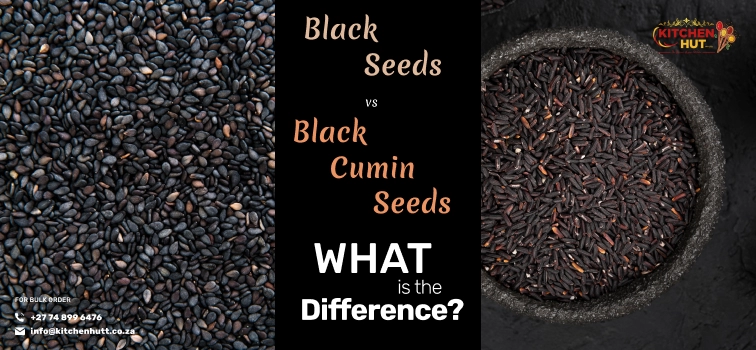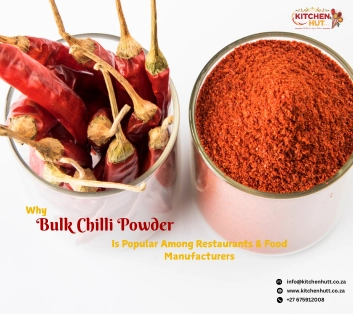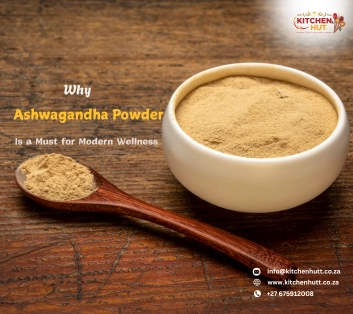Freshly Packed • Quality Assured • Reliable Delivery
Black Seeds VS Black Cumin Seeds: What Is The Difference?

There is a lot of confusion between black cumin seeds and black seeds. Despite being totally different in flavours and appearance, these seeds are considered cumin and are often used interchangeably. If you have ever visited an Indian supermarket and stood staring at the whole spices section, not knowing which one to choose, you are not alone. This is common among people who are just starting with Indian cuisine. In this article, we will tell the difference between black seeds and black cumin seeds and how to use them in your cooking. So, keep reading the article till the end to know which one to choose.
Black Seeds
Black seeds or nigella sativum are also called Kalonji in Hindi. These seeds in no way appear like common cumin seeds, but many people often refer to them as black. The tiny seeds have a pitch-black colour and a slightly bitter taste. They have a pungency of onion but also offer other nuances of flavours.
They have a kind of onion-like shape, and thus they are sometimes called onion seeds. But there is no actual connection between black seeds and onions. Nigella seeds are often used as toppings on bread, especially Indian flatbreads called naan. However, in ancient times, black seeds were revered as a powerful medicine employed to eliminate various diseases.
The seeds are packed with various active compounds, one of which is thymoquinone (TQ). TQ is said to reduce inflammation, boost immunity, and reduce the likelihood of cancer. Considerable research has been done the black seeds, which revealed that they could aid in various diseases, such as:
Allergies
Black seeds are good at alleviating allergies and their symptoms. For example, a recent study has revealed that black seeds could be used to treat allergic rhinitis. In addition, it can relieve most common nasal allergy symptoms, including congestion, sneezing, runny nose, and swelling of nasal walls.
Infections
sativum also possesses some antibacterial and antiviral properties. In addition, in new studies, black seeds have shown effectiveness against antibiotic-resistant bacteria.
Alzheimer's disease
Animal studies show that black seeds can help prevent cognitive decline. Nigella seeds are a powerhouse of various nutrients that help sharpen your memory and improve cognitive functions. Moreover, it has anti-inflammatory properties, reducing the risk of Alzheimer's disease, a chronic neurological disease caused by inflammation.
Black cumin seeds
Bunium bulbocastanum or b. Bulbocastanum, earthnut, and great pignut are all names of black cumin seeds. The seed is called shahi jeera in Hindi and is a common ingredient in Indian cuisine. Black cumin seeds look like cumin seeds but slightly differ in appearance and colour. While common cumin is tan-brown, black cumin seeds come in darker brown.
Moreover, black cumin seeds are sleeker and have a milder flavour than their common counterpart. It usually goes in all savoury Indian dishes, especially non-vegetarian Mughlai cuisine. The seeds are often tossed in oil to fry and bring the flavours out while tempering.
Besides its flavour, black cumin seeds are packed with various therapeutic properties. For example, it has many active compounds that may help with various diseases. However, there is no significant research done on black cumin seeds. But some initial research indicates that black cumin seeds can help with several health issues, such as:
Infection
Researchers are exploring black cumin seeds as an antibacterial drug. It combats Staphylococcus aureus, a type of bacteria that causes skin-related infections. These infections often don't respond to antibiotics. So, alternative treatments like black cumin seeds could be an effective way to fight these bacteria.
Cancer
Black cumin seeds are packed with potent antioxidants that have anti-cancer properties. However, more research has to be done on this side.
Diabetes
The antioxidant properties of black cumin seeds have also shown positive effects on diabetes in some research. Researchers have found that these effects can improve cell function and prevent cell breakdown and ageing. In the future, the seeds may effectively reduce diabetes complications and ageing due to cell degeneration and glycation.
Which One To Use When?
Nigella or black seeds are less common in cooking than black cumin seeds. Instead, they are commonly used for oil. Moreover, black seeds are often used as bread or salad. On the other hand, black cumin seeds are a popular spice in Indian, Mediterranean, Mexican, Middle Eastern, and South Asian cuisines.
Black cumin seeds have a similar but milder flavour than cumin seeds. Therefore, they can be an easy substitution for cumin. Black cumin is added at the end of the dish because if it is simmered on the heat for an extended period, its flavours may become harsh. Therefore, before adding it to the dish, people toast it on low flame for about 30 seconds or fry it in oil with other spices such as asafoetida, red chillies, and garlic.
Now, you may have known the difference between black cumin and black seeds. So next time you buy whole spices, you won't have to ask the storekeeper or check on Google again to purchase the right seeds.












